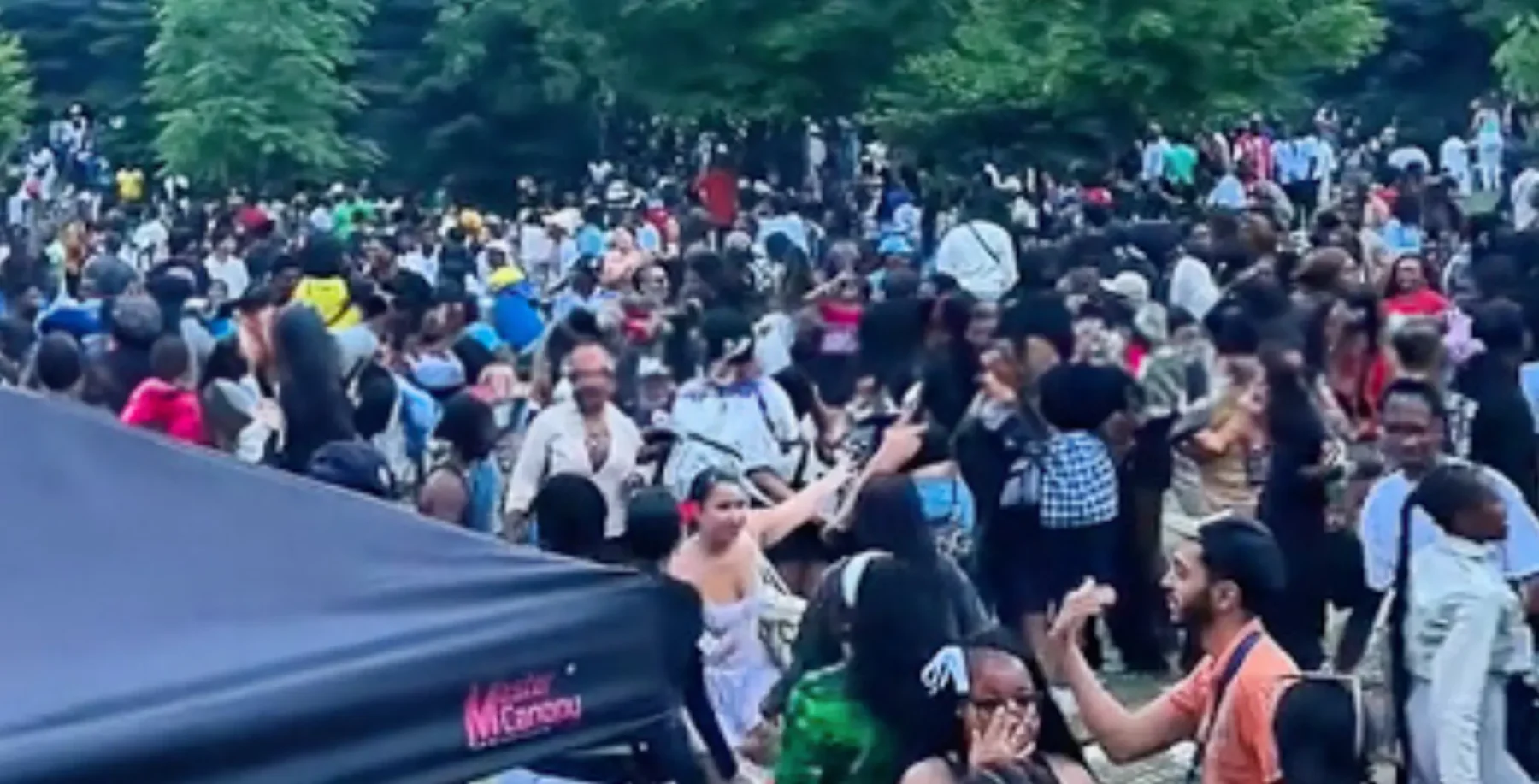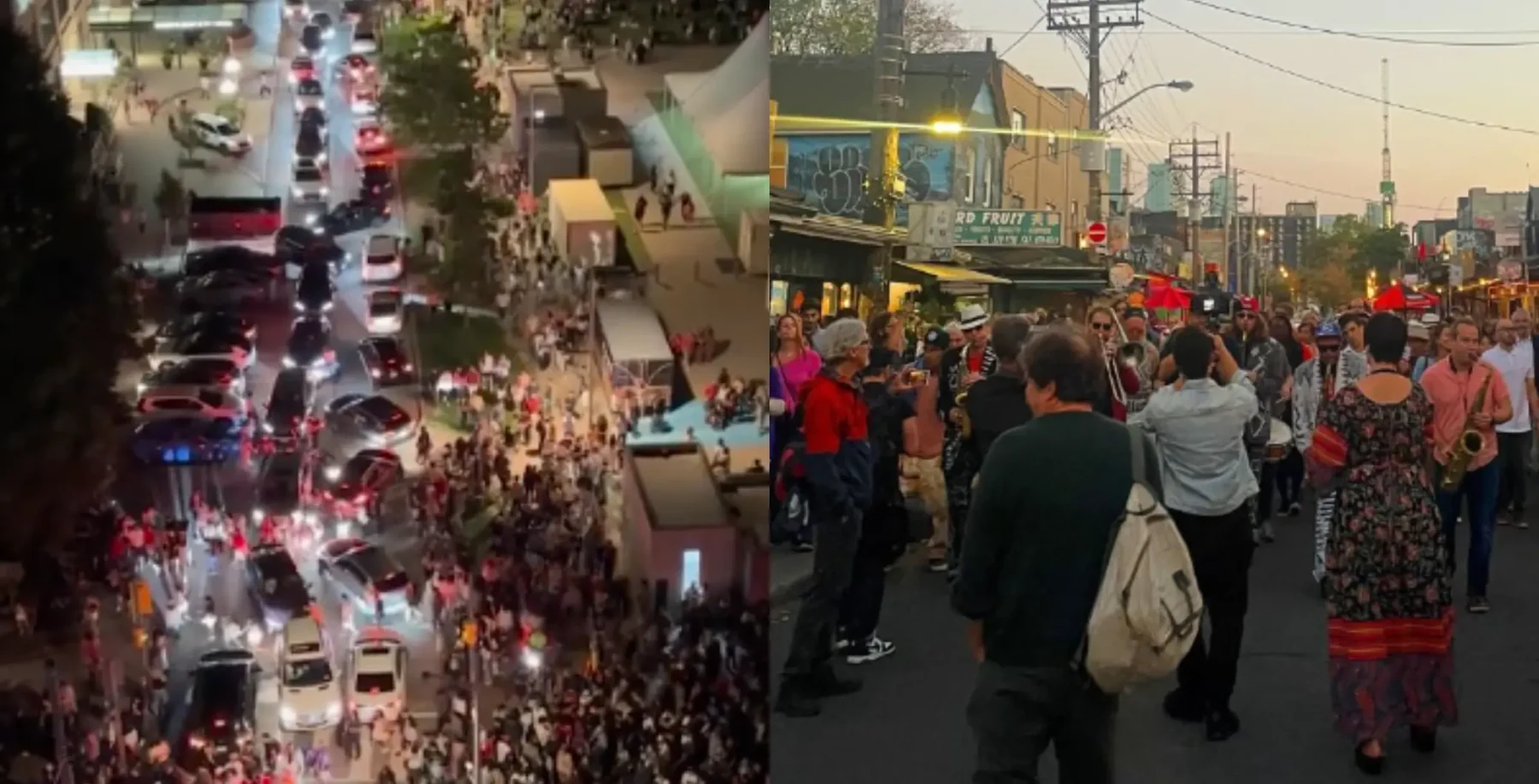
Syrian newcomer Zouvik Baghjajian is still haunted by nightmares of death. She is safe now in Canada, but just one year ago she was living in Aleppo.
“My home was very dangerous,” she says. At night, when bombs crashed out of the sky, Baghjajian would lie awake terrified, heart racing and skin wet with perspiration. Every morning when her children left for school, she wondered whether they’d return. She witnessed her neighbour collapsing in panicked screams when he was hit by a sniper on his balcony. And one day, a bomb exploded beside her husband as he walked home from work. He raced through the door covered in blood. He wasn’t injured, but it was a close call. “That was the worst thing,” says his wife.
To make matters worse, one of her three children, her young daughter, had a serious nerve affliction. All of the specialists had fled the country, so no treatment was available. At last, the family found refuge in Canada in July of 2015.
But her troubles continued. Baghjajian didn’t speak English, and felt like a stranger in her new land. She was also traumatized by what she had experienced. Her anxiety escalated, and she cried constantly. “My body felt damaged and I was always afraid,” she says. “I had to begin again from zero. It wasn’t easy.”
Baghjajian was grateful to discover Toronto’s Canadian Centre for Victims of Torture. “They made me feel like this is my second home,” she says. “And they helped me to take a step into the future. ”
On Friday (November 25), the CCVT will bring former Attorney General the Hon. Irwin Cotler together with clients to celebrate their accomplishments at the First Light Celebrations Gala at the Old Mill.
The CCVT is unique in Canada. It provides not only settlement services and language classes to newcomers, but it is tailored to meet the specific needs of survivors of torture and war, says Teresa Dremetsikas, who supervises the organization’s counselors. The centre has served more than 22,000 clients from 68 countries since 1977. In the last year, the majority have come from Syria.
Many of these arrivals were tortured, says Dremetsikas. The CCVT defines torture according to the Geneva Convention – significant psychological or physical suffering perpetrated by someone in an official capacity for a specific purpose. Torture is explicitly designed to make its victims feel powerless and to destroy their capacity to function, says Mulugeta Abai, CCVT’s executive director.
Much of the violence in Syria meets the criteria, he says, because the Syrian government is unleashing terror in order to silence the opposition. Refugees have seen their neighbours dragged from their homes and fellow citizens massacred in front of their eyes, says Dremetsikas. Enemies of the state who landed in jail have been beaten, burned or mutilated.
Since many of them suffer from post-traumatic stress disorder, the CCVT designs its programs to be sensitive to the condition, says Dremetsikas. ESL classes can run longer than usual, to accommodate clients with poor concentration. Trauma counselors practice active listening rather than inflicting a barrage of questions which could remind clients of their interrogators.
For Baghjajian, she was able to speak conversational English within a year of using the centre’s services. CCVT staff also recommended Baghjajian’s daughter to a family doctor, who referred the girl to a pediatrician. She is currently receiving weekly physiotherapy and her condition is slowly improving. Baghjajian’s also completed a food handling certificate from public health, and while she didn’t require formal counselling, she found a workshop on trauma very helpful. “The counsellor explained that it’s normal to be depressed when you start a new life,” she says. She also bonded with other Syrian women. “We are like family now,” she says.
While Baghjajian was able to move forward without formal therapy, many clients do require specialized treatment, says Dremetsikas. Post-traumatic Stress Disorder can cause survivors to remain mired in their painful memories. Symptoms include depression, irritability, low self-esteem, insomnia and bad dreams.
CCVT workers help by teaching clients how to recognize when they’re nervous, and to manage their anxiety with slow breathing, meditation or journaling. The therapists also offer support groups which help to reduce clients’ isolation. Many clients transform their lives through treatment, says Dremetsikas. “They learn to see their experience with open eyes without getting stuck in the past.”
As for Baghjajian, she is thrilled at all the work the organization has done to help her. She has changed radically since arriving at the CCVT. She has a new goal – a certificate in early childhood education. “I’m more confident and more hopeful,” she says.
For more info about CCVT and this Friday’s First Light Celebrations and Gala, visit their website.
website@nowtoronto.com | @vivienfellegi












